- Hong Kong Island
- Kowloon
- New Territories
- Outlying Islands
More Filters
Views
Include
Find All Hong Kong Property By District - Apartments, Flats And Houses For Sale
Hot Apartments and Flats for Sale In Hong Kong Island
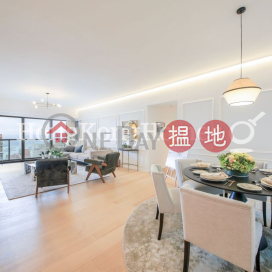
AltamiraMid Levels West
HK$ 93.53M
SFA 2,303'
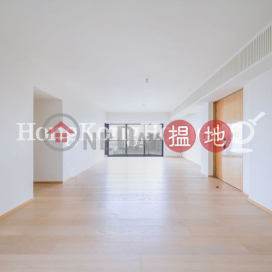
AltamiraMid Levels West
HK$ 84.5M
SFA 2,189'
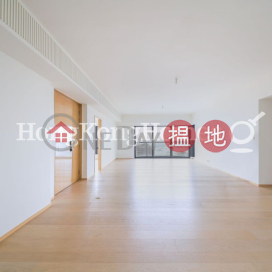
AltamiraMid Levels West
HK$ 105.22M
SFA 2,303'
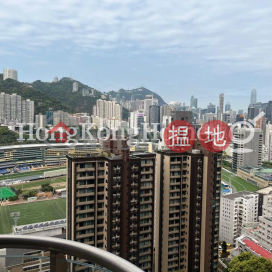
Beverly HillHappy Valley
HK$ 24.8M
SFA 1,070'
Hot Apartments and Flats for Sale In Kowloon
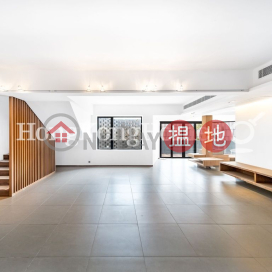
SILVER CRESTKowloon Tong
HK$ 72M
SFA 3,235'
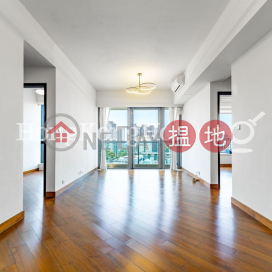
Ultima Phase 2 Tower 5Hung Hom
HK$ 35.8M
SFA 1,221'
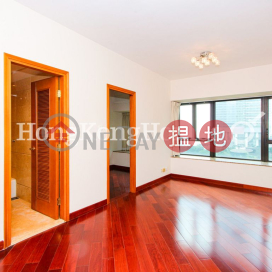
The Arch Moon Tower (Tower 2A)West Kowloon
HK$ 13M
SFA 420'
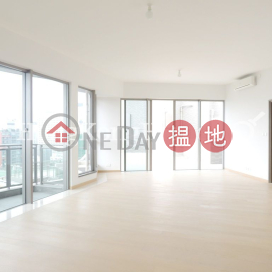
The Waterfront Phase 1 Tower 2West Kowloon
HK$ 90M
SFA 1,564'
Hot Apartments and Flats for Sale In New Territories
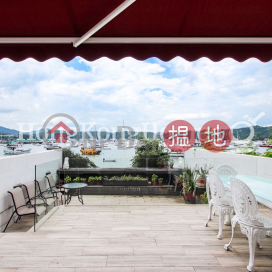
Marina CoveNam Pin Wai
HK$ 39.8MHK$ 42M
SFA 1,942'
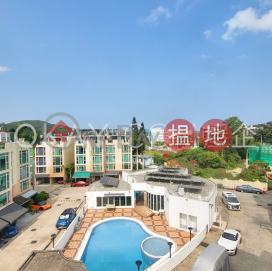
House 22 Villa RoyaleNam Pin Wai
HK$ 13MHK$ 13.6M
GFA 2,003'SFA 1,234'[Not Verified]

House K39 Phase 4 Marina CoveNam Pin Wai
HK$ 45MHK$ 48M
GFA 2,391'SFA 1,797'[Not Verified]
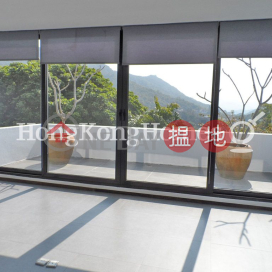
Tai Po TsaiClear Water Bay
HK$ 25M
SFA 2,100'
Hot Apartments and Flats for Sale In Outlying Islands
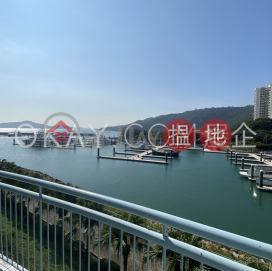
Discovery Bay, Phase 4 Peninsula Vl Coastline, 22 Discovery RoadDiscovery Bay
HK$ 11.8MHK$ 12.5M
GFA 1,508'[Unverified]SFA 1,314'[Not Verified]
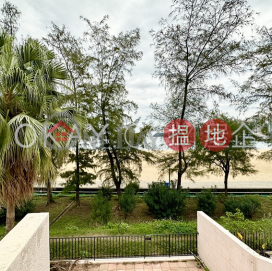
Phase 1 Beach Village, 21 Seahorse LaneDiscovery Bay
HK$ 33MHK$ 38M
GFA 2,075'[Unverified]SFA 1,995'[Not Verified]
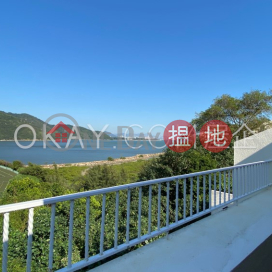
Phase 3 Headland Village, 2 Seabee LaneDiscovery Bay
HK$ 40M
SFA 2,403'[Not Verified]
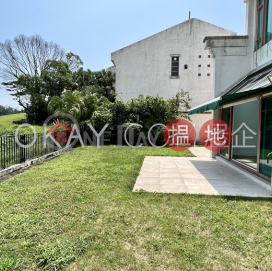
Bijou Hamlet on Discovery Bay For Rent or For SaleDiscovery Bay
HK$ 65M
GFA 2,582'[Unverified]SFA 2,264'[Not Verified]
Landlord Listings For Sale In Hong Kong
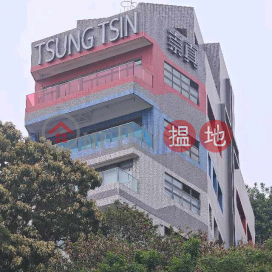
Wai Pont HouseSham Shui Po
HK$ 3.48MHK$ 3.5M
GFA 382'SFA 292'
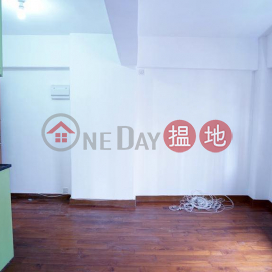
City Centre BuildingWan Chai
HK$ 4.4M
GFA 500'SFA 276'
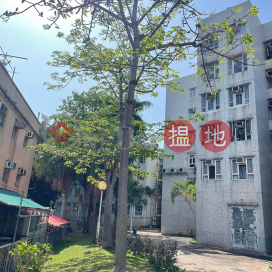
Lung Hin Court, Wing Hin House (Block D)Tai O
HK$ 1.98MHK$ 2.98M
SFA 421'
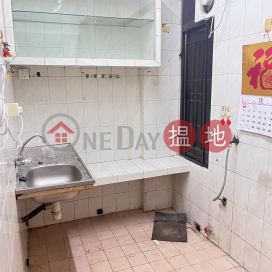
313 Nathan Road Hong Kiu MansionJordan
HK$ 3.2MHK$ 320,000
GFA 800'[Unverified]SFA 584'[Not Verified]
Recently Increased Listings For Sale In Hong Kong
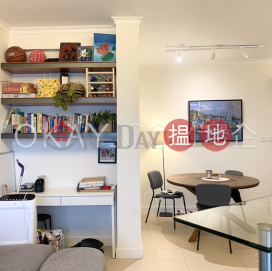
Beaudry TowerMid Levels West
HK$ 11MHK$ 10M
GFA 710'SFA 510'[Not Verified]
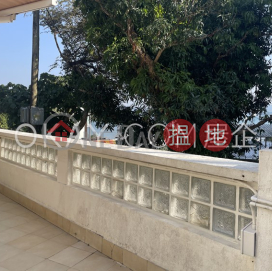
Tai Wan TsuenSai Kung
HK$ 15.5MHK$ 14M
SFA 1,400'
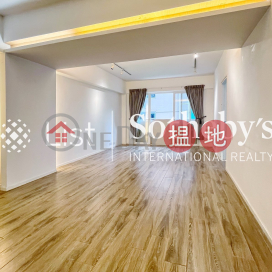
Moon Fair MansionStubbs Roads
HK$ 18MHK$ 17M
SFA 1,035'
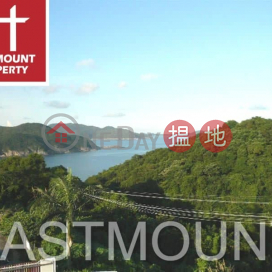
38-44 Hang Hau Wing Lung RoadClear Water Bay
HK$ 46MHK$ 26M
SFA 2,100'
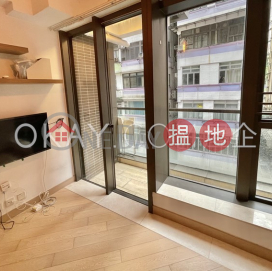
Park HavenCauseway Bay
HK$ 8MHK$ 7M
GFA 460'SFA 339'[Not Verified]
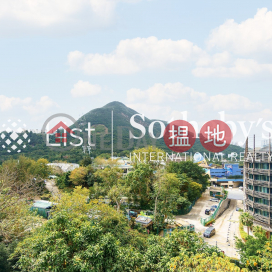
The HazeltonShouson Hill
HK$ 138MHK$ 120M
SFA 2,634'
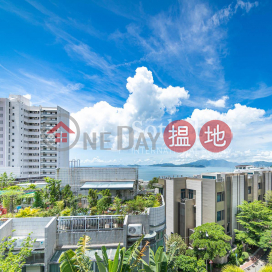
Bisney ViewPok Fu Lam
HK$ 92MHK$ 80M
SFA 2,073'
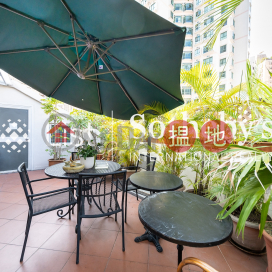
39-41 Lyttelton RoadMid Levels West
HK$ 20MHK$ 19M
GFA 1,100'SFA 959'
Recently Reduced Listings For Sale In Hong Kong
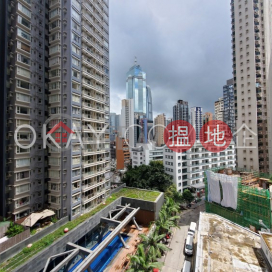
Grandview GardenSoho
HK$ 7MHK$ 10M
GFA 550'SFA 376'[Not Verified]
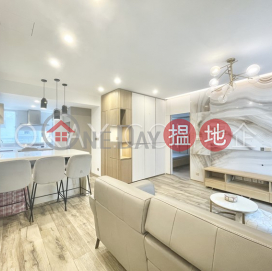
Grand CourtHappy Valley
HK$ 15.9MHK$ 16.5M
GFA 970'[Unverified]SFA 799'[Not Verified]
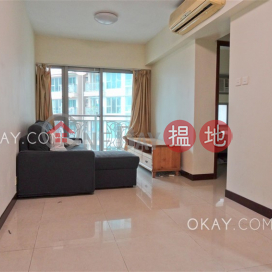
The MertonKennedy Town
HK$ 8.3MHK$ 8.8M
GFA 656'SFA 482'[Not Verified]
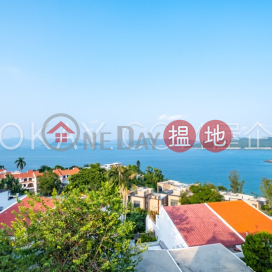
The RivieraClear Water Bay
HK$ 43MHK$ 48M
GFA 2,156'[Unverified]SFA 1,997'[Not Verified]
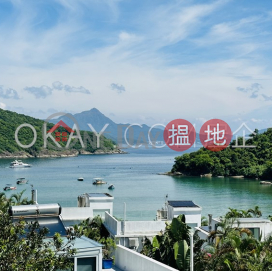
Tai Hang Hau VillageClear Water Bay
HK$ 16MHK$ 17M
SFA 1,400'
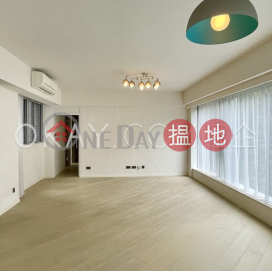
Mount Pavilia Tower 21Clear Water Bay
HK$ 16MHK$ 20.5M
SFA 1,161'[Not Verified]
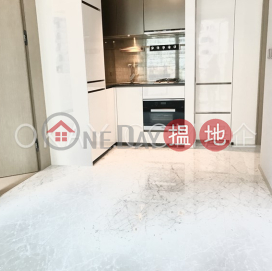
The RichmondMid Levels West
HK$ 8.5MHK$ 9.5M
SFA 304'[Not Verified]
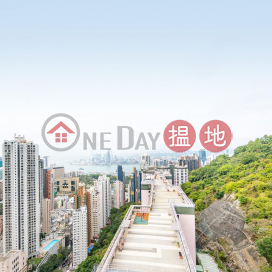
SerenadeCauseway Bay
HK$ 78MHK$ 82M
SFA 1,990'
Average Residential Listing Sales Price For Sub-districts Within Hong Kong
Central DistrictAugust 2025
HK$ 34,630 / sq. ft.
↓4% (Last month HK$ 36,217 / sq. ft.)Eastern DistrictAugust 2025
HK$ 21,573 / sq. ft.
↓7% (Last month HK$ 23,262 / sq. ft.)Southern DistrictAugust 2025
HK$ 42,638 / sq. ft.
↑3% (Last month HK$ 41,593 / sq. ft.)Wan Chai DistrictAugust 2025
HK$ 27,132 / sq. ft.
↑5% (Last month HK$ 25,863 / sq. ft.)Western DistrictAugust 2025
HK$ 24,714 / sq. ft.
↑2% (Last month HK$ 24,214 / sq. ft.)Cheung Sha WanAugust 2025
HK$ 11,092 / sq. ft.
↑10% (Last month HK$ 10,042 / sq. ft.)Kowloon CityAugust 2025
HK$ 18,959 / sq. ft.
↑23% (Last month HK$ 15,457 / sq. ft.)Kowloon TongAugust 2025
HK$ 19,752 / sq. ft.
↓6% (Last month HK$ 20,917 / sq. ft.)Wong Tai Sin DistrictAugust 2025
HK$ 16,009 / sq. ft.
0% (Last month HK$ 16,009 / sq. ft.)Yau Tsim MongAugust 2025
HK$ 24,120 / sq. ft.
↑2% (Last month HK$ 23,678 / sq. ft.)Kwu TungAugust 2025
HK$ 18,972 / sq. ft.
0% (Last month HK$ 18,972 / sq. ft.)Sai KungAugust 2025
HK$ 14,994 / sq. ft.
↓2% (Last month HK$ 15,273 / sq. ft.)Sha TinAugust 2025
HK$ 27,451 / sq. ft.
↓4% (Last month HK$ 28,598 / sq. ft.)Tai Po DistrictAugust 2025
HK$ 12,358 / sq. ft.
↓0.12% (Last month HK$ 12,373 / sq. ft.)Yuen LongAugust 2025
HK$ 16,498 / sq. ft.
↑1% (Last month HK$ 16,267 / sq. ft.)Lantau IslandAugust 2025
HK$ 14,964 / sq. ft.
↓7% (Last month HK$ 16,082 / sq. ft.)About Buying Apartments, Flats And Houses In Hong Kong
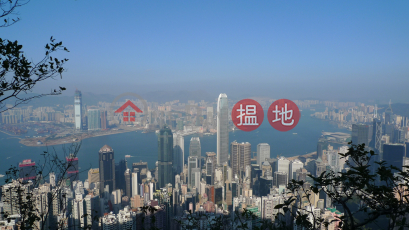 Hong Kong
Hong Kong
Residential Properties / Flats / Apartments Rental & Sales in Hong Kong
Hong Kong (SAR) is guaranteed to feature in discussions amongst the property developer and investor communities all around the world. For one, it's very well known for its small handful of ultra-rich property moguls - a select few that have virtually dominated most of the former British colony. But Hong Kong also has some of the most talked-about real estate in the world; ranging from its public and private residential housing estates, industrial parks, commercial & office buildings to its high-end luxury retail precincts in sought after shopping areas. Perhaps the most talked-about is the topic of Hong Kong's housing affordability.
For several years now, Hong Kong has consistently been ranked as the most expensive property market in the world. There are a number of factors that have contributed to this somewhat contentious title, but very generally, it is due to supply and demand. Geography has some, albeit small, part to play in this; with over 700 mountainous islands, developing land with infrastructure can understandably be both challenging and expensive. Another small, but noteworthy contributing factor affecting the supply and demand equation is Hong Kong's popularity - Hong Kong is one of the most densely populated regions of the world with a population of approximately 7.5 million (and growing). That's over 7,100 people per square kilometre of inhabitable space. Of the already existing developed areas, many parts of Hong Kong are overflowing.
What makes Hong Kong so popular to live and work? Not only is Hong Kong a financial mega-hub, but it has a temperate climate, a decent quality of life with good healthcare and education. It's also positioned, geographically, as a favourable access point into the world's most populated country; the People's Republic of China. However, a major factor influencing supply and demand (and therefore property prices) comes down to Hong Kong's very low income and corporate taxes - but more precisely - the method of selling land to developers that the Government deploys in order to offer these attractive low tax rates.
Hong Kong's undeveloped land is 100% owned by the Hong Kong Government. It's not put up for sale very often, but even when it is, the Government then controls the process whereby contracts to develop the land are given to the 'highest-bidder-wins' property developers via a tender process that goes on behind the scenes - usually for eye-watering sums. Increasingly, more of the developers winning the contracts to develop land in Hong Kong are coming from Mainland China. After the land & real estate has been developed, individual property titles are then typically on-sold to anyone who can afford to pay the ever-increasing prices the market demands (again, many buyers are rich Mainland Chinese property investors). This is, by and large, one of the main ways the Hong Kong Government is able to keep its income and corporate taxes so low since a large chunk of the Hong Kong Government's revenues come from these lucrative land sales to big-time property developers. Some people argue that this process creates no incentive for the Government to curb escalating housing prices and for many of these reasons the Government may continue to struggle to create a home-owning society for everyone in the near future.
That being said, the Government maintains that it is continuously looking for new ways to change this. It currently owns about half of all residential property in the way of public housing estates. It is also trialling different ways to make homeownership more affordable for lower socioeconomic families through assisted Home Ownership Purchase Programs and other rent-to-buy housing schemes. Other Government-lead market-cooling interventions introduced in the past have included raising transaction taxes and stamp duty. However, it's been argued that these have had mixed results. While some still worry that Hong Kong's real estate market will forever be beyond their reach, astronomically-high property prices are rarely sustainable in the long term. The number, scale, form, and the rate of real estate projects that dictate property prices can easily be influenced by constant fluxes in an economy (both local and global) including government regulations and policies (either locally administered or foreign). Whether it's by way of government intervention or not, or market changes that are foreseeable or unforeseeable, changes can and will eventually occur - and if history is anything to go by, we know that change is the only constant. Few people need reminding that Hong Kong's seemingly relentless real estate market can be brought to its knees in devastating ways, as it has been in the past; being hit in 1997 (Asian financial crisis), 2003 (SARS epidemic), and in 2008 (Global Financial Crisis).
Despite these market knockbacks, the planning of new property-development projects, of varying sizes, will never cease to continue all throughout Hong Kong. As well as new public and private housing estates, new science and technology parks and other 'innovation hubs' that are under construction, Hong Kong is currently undergoing some large-scale, cross-boundary infrastructure projects. Take, for example, the Hong Kong-Zhuhai-Macao Bridge and the Guangzhou-Shenzhen-Hong Kong Express Rail Link. These are just two examples of significant investment in areas that are poised to benefit economically from cross-border transport infrastructure by way of increased international traffic flows to, and from, Hong Kong, Shenzhen, Macau and Zhuhai. It will no doubt provide a powerful stimulus to the residential, commercial, industrial and retail property markets as well.
Whichever way you choose to look at the current and future state of the Hong Kong property market, it's bound to generate interesting discussions and debate.